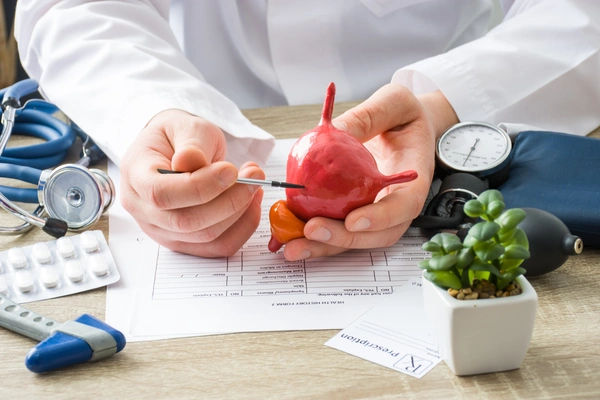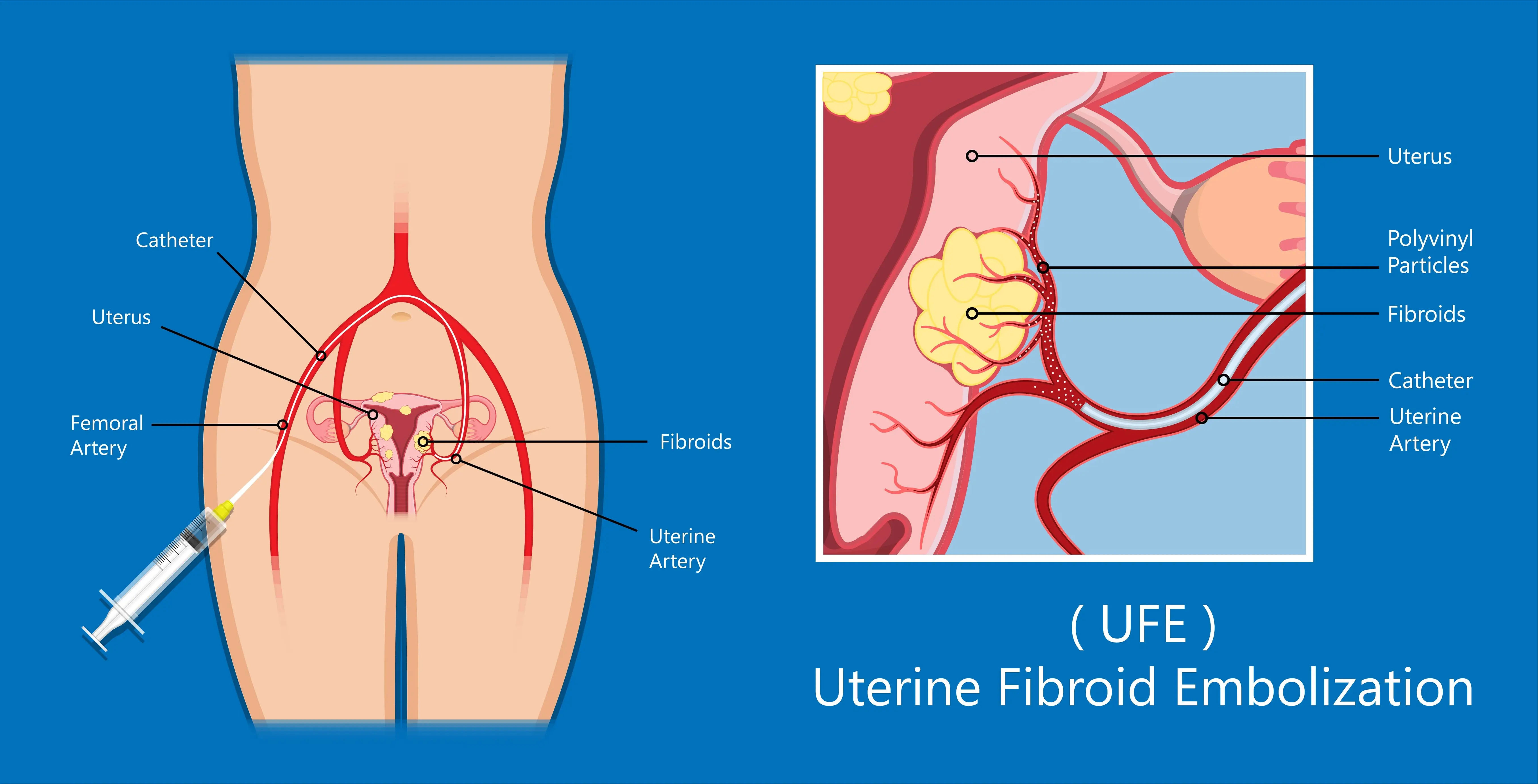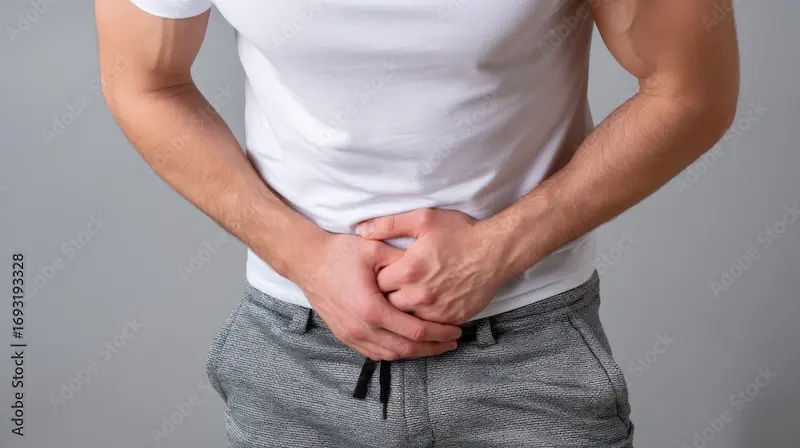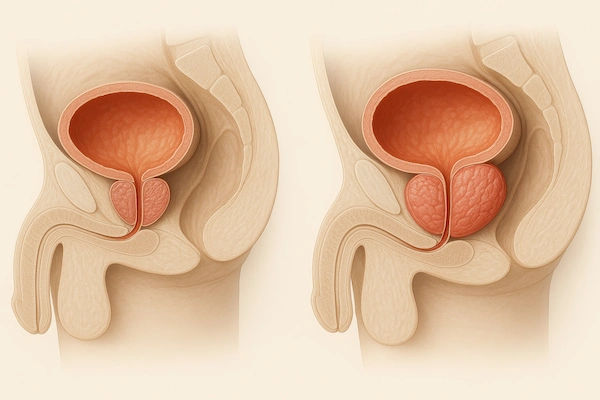- male
- 50 Years
- 01/04/2021
Is a cystoscopy painful?
Answered by 1 Apollo Doctors
It can be a bit uncomfortable but cystoscopy isn't painful.
Dr. Ibrahim Suggests...
Consult a Urologist
Answered 04/07/2025
0
0

Ask Apollo
AI powered Health Chatbot
-
Procedure Overview:
A cystoscopy involves inserting a thin tube with a camera into the urethra to examine the bladder. -
Pain and Discomfort:
- During the procedure: Expect a burning sensation or mild pressure.
- Pain management: Local anesthetic gel is applied to reduce discomfort.
-
Post-Procedure Effects:
- Mild burning during urination or slight blood in urine may occur but usually resolves quickly.
-
Overall Experience:
While not completely painless, cystoscopy is generally well-tolerated. Discuss any concerns with your doctor to ensure comfort.
Answered 20/08/2025
0
0

More Urology Health Queries
View allI've been dealing with some weird side effects from years of masturbating, like joint pain, weaker bones, hair fall, especially around my shoulders which feel weak, and fatigue, and even some pain in my lower back and abs. I stopped for a month, but this morning I had an episode in my sleep, and now I'm back to feeling weak with bone pain and fatigue. What should I do? Any advice would be really helpful right now.
It sounds like your body is reacting to the strain of frequent masturbation. It's important to listen to your body and give it time to recover. Focus on staying hydrated, eating nutrient-rich foods, and getting rest. If symptoms persist, consider speaking to a healthcare professional for personalized advice.
Answered by 1 Apollo Doctors
My penis is currently 5 inches long and 4 inches around, but I'd like to increase it to 7 inches in length and 6 inches in girth. Are there any safe surgical options to achieve this? I'm open to considering surgery if it's effective and reliable.
It is normal ,nothing to worry.If still facing issues please consult dermatologist.
Answered by 1 Apollo Doctors
I'm a 25-year-old guy with tight foreskin that hurts when I pull it back. Surgery isn't something I want to consider right now are there other ways to manage this?
Topical steroid creams and gentle stretching may help phimosis and frenulum breve; surgery like preputioplasty is minor and effective if needed.
Answered by 1 Apollo Doctors
Disclaimer: Answers on Apollo 247 are not intended to replace your doctor advice. Always seek help of a professional doctor in case of an medical emergency or ailment.
 How is a cystoscopy performed?
How is a cystoscopy performed? 

.webp)

